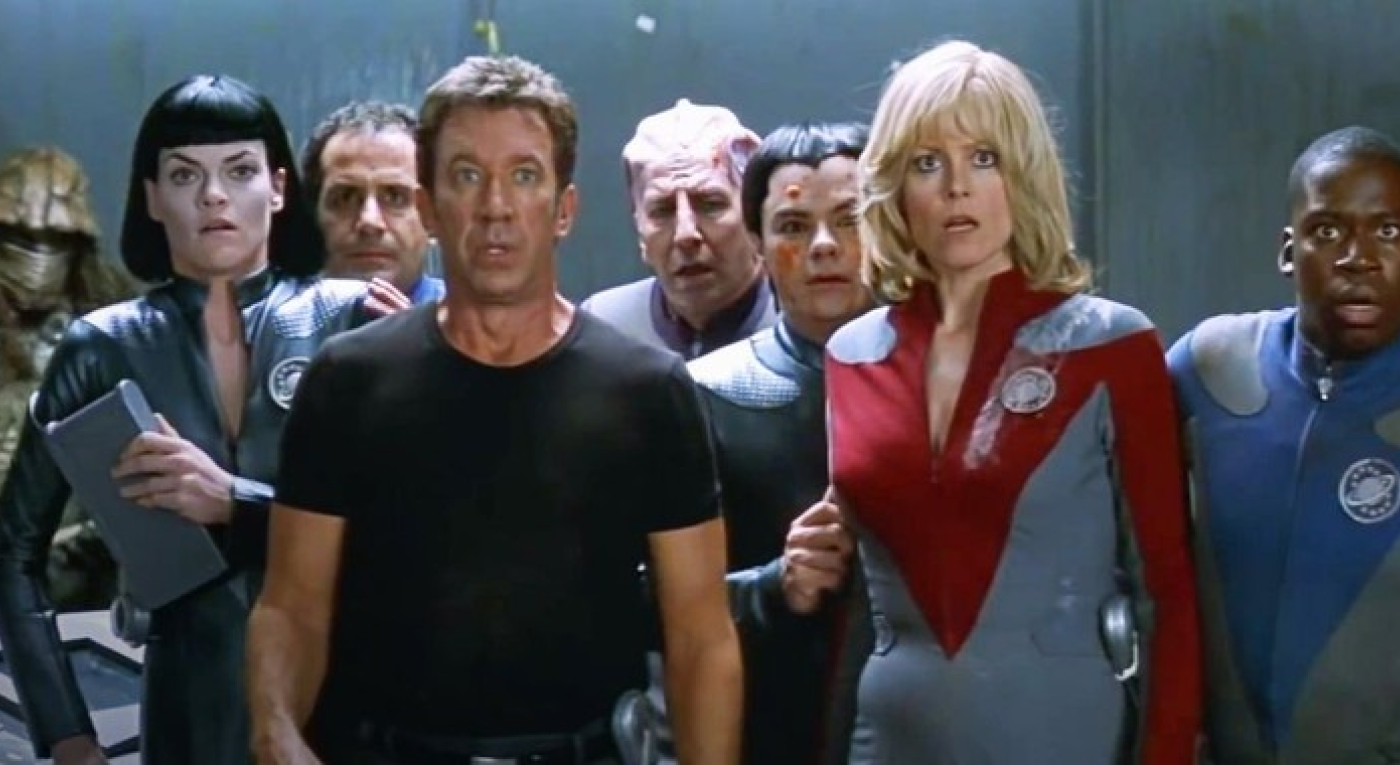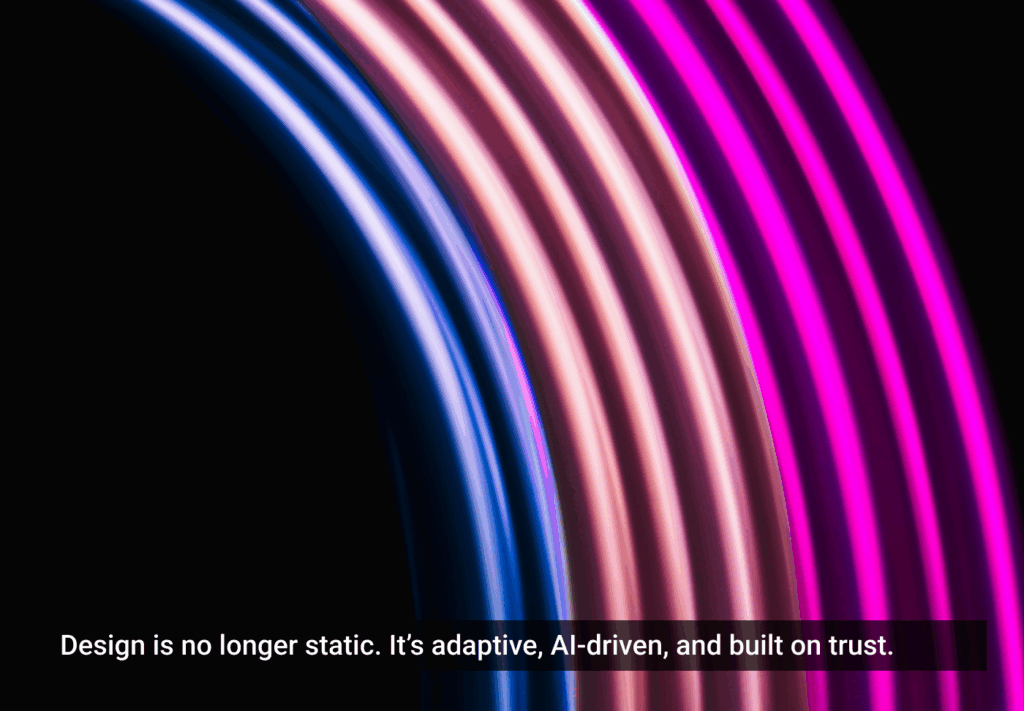Some of my early work with voice technology was as an assistant ADR editor on the film Galaxy Quest (1999). ADR stands for automated dialogue replacement, which is essentially recording additional voiceovers during post production. Working on the film was a high-note as I transitioned out of Hollywood and into the burgeoning field of experience design. Still, despite its well-deserved cult following, I don’t think about Galaxy Quest all that often. That changed when ChatGPT revealed to the world at large just how powerful a conversational interface can be.
I’ve been working with conversational AI for more than 20 years. In many ways, ChatGPT is something I’ve been waiting for a long time. It’s delivered a light-bulb moment where people everywhere are realizing how easy it can be to interact with machines using a conversational interface. This really is an inflection point in our relationship with technology. (Chat GPT amassed over a million users in its first five days, and it’s only grown from there). Why not take a moment to learn a few lessons about how to properly leverage generative AI from a screwball sci-fi classic.
Become a member to read the whole content.
Become a member







